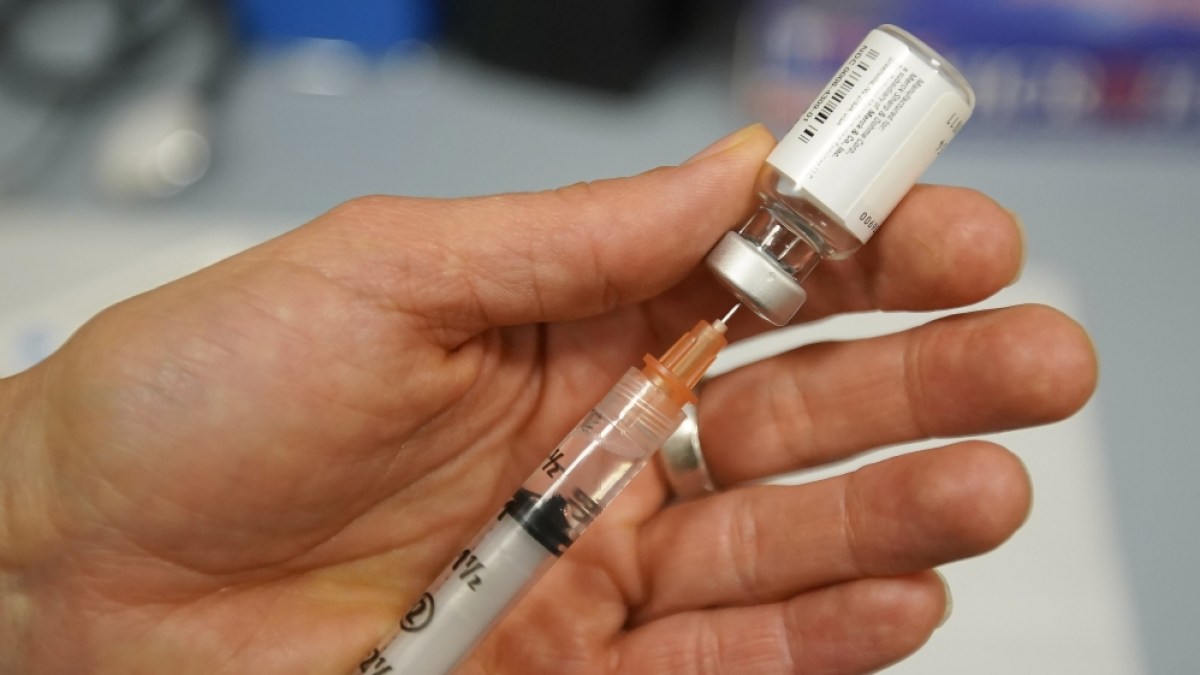
Measles Outbreak in Nigeria: The Vaccination Gap Amid Insecurity and COVID-19 Challenges
In Nigeria’s northeastern state of Adamawa, at least 42 people have died from a measles outbreak that has occurred in the past week. Nearly 200 suspected cases of measles have been recorded, according to health commissioner Felix Tangwami. The outbreak has mainly affected two local government areas, with field teams currently working to control the situation by administering measles vaccines.
Measles is a highly contagious virus that primarily affects children under five years old. It can be prevented with two doses of vaccine. Early symptoms include high fever, cough, runny nose, and rashes all over the body. Since 2000, more than 50 million measles deaths have been prevented through immunization efforts worldwide.
Insecurity in many northern Nigerian states, including attacks by Boko Haram since 2009 and criminal gang activities, has disrupted vaccination campaigns and left children vulnerable to diseases like measles. The COVID-19 pandemic has also impacted the healthcare system and vaccination programs in parts of the country. Doctors Without Borders reported difficulties in achieving the necessary 95 percent vaccination rate to suppress measles, leading to an increase in cases treated last year.
MSF treated 3,965 patients between October and December last year in northeastern Nigeria surrounding Maiduguri. The virus spreads rapidly among unvaccinated children; one infected child can potentially infect between nine to twelve others. The ongoing humanitarian crisis in Nigeria has exacerbated the challenges in managing disease outbreaks like measles.
The current outbreak underscores the need for continued immunization efforts and better access to healthcare facilities for children living in rural areas where these services are scarce or non-existent.
To prevent further spread of measles among unvaccinated children, it is crucial to implement effective vaccination campaigns that provide equitable distribution of vaccines and ensure proper storage conditions for vaccines.
Additionally, governments must prioritize building robust healthcare systems capable of responding quickly and effectively to disease outbreaks like measles.
The World Health Organization (WHO) recommends that every child receive two doses of MMR vaccine by age two years old as part of routine immunization efforts worldwide.
Measles can cause serious complications such as deafness if left untreated early on. Therefore, it is essential that parents ensure their children receive all recommended doses of vaccine on time.
In conclusion, while immunization efforts have significantly reduced measles deaths worldwide since 2000, there is still much work to be done in ensuring equitable access to vaccines and improving healthcare systems globally.

